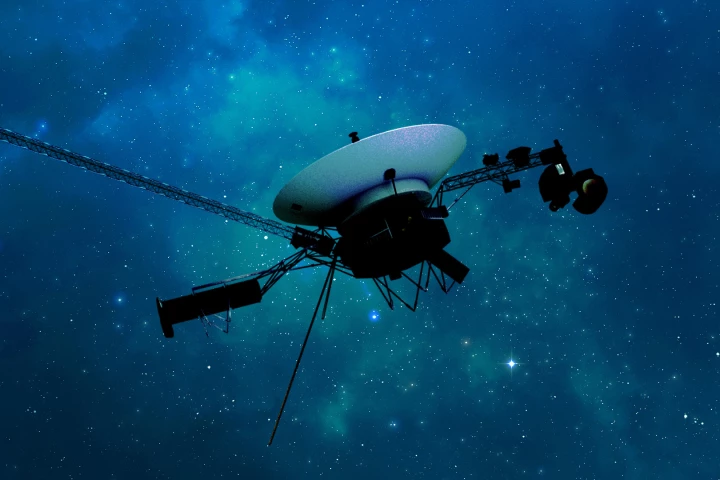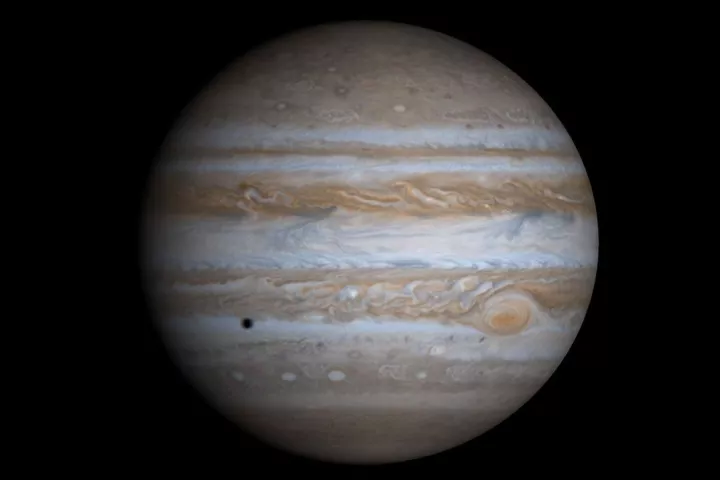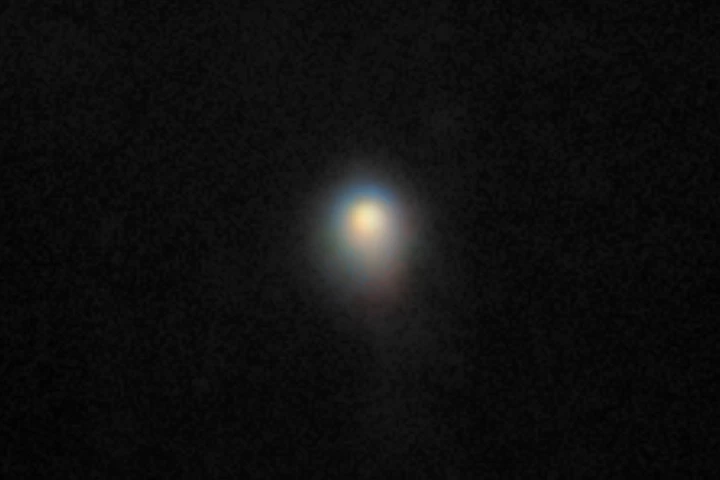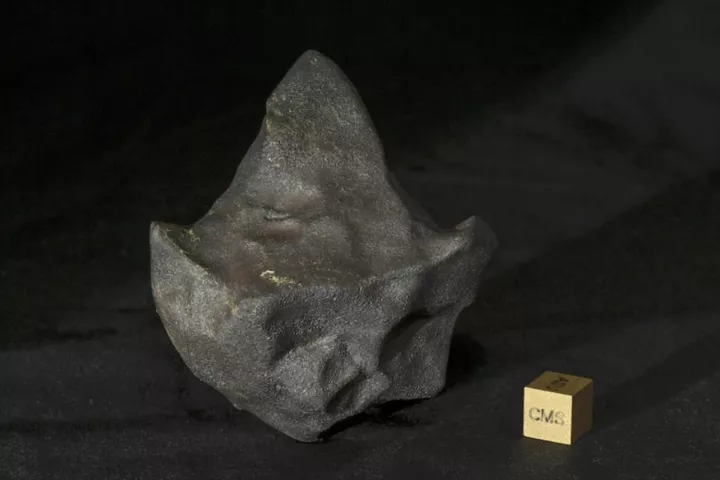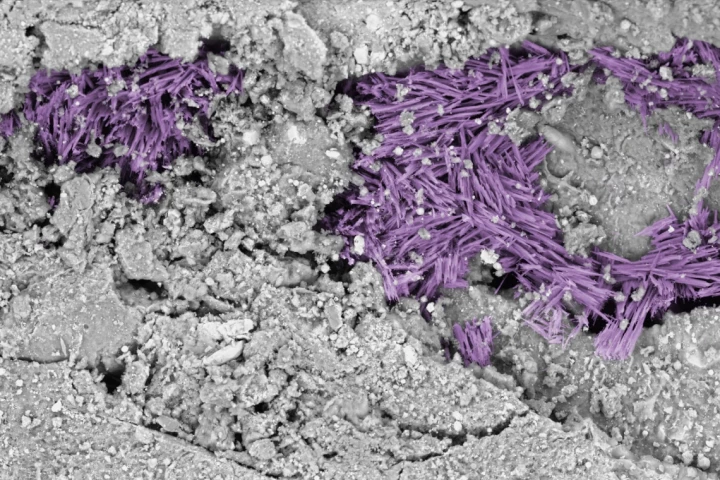Solar System
-
As it heads out of the solar system never to return, the deep space probe Voyager 1 is headed for yet another cosmic milestone. In late 2026, it will become the first spacecraft to travel so far that a radio signal from Earth takes 24 hours, or one light day, to reach it.
-
If you've ever wondered why we are here, then you can thank Jupiter for part of the answer. A new study from Rice University suggests that if it weren't for the gas giant, the Earth would have spiraled into the Sun during its formation.
-
Imagine sipping your coffee when suddenly - BOOM! A sonic tremor rattles your home. That’s exactly what happened to one McDonough resident when a meteorite the size of a cherry tomato punched through his roof with the force of a close-range gunshot.
-
On 1 July 2025, a glint from the void caught the eye of Chile’s ATLAS telescope. It wasn’t just another comet, it was a ghostly interstellar voyager. Only the third such object ever detected; it hails from a completely different quadrant of the Milky Way.
-
One of the most studied space rocks of all time has surprised us again, with the "mudball meteorite" Aguas Zarcas having cruised around the solar system for two million years without as much as a scratch. It defies the "fragile" class it belongs to.
-
Asteroid Bennu seems to have come from a long-lost world on the fringes of the solar system, where saltwater pooled and dried over thousands of years and life’s basic ingredients were widespread.
-
Our solar system might still bear the scars from an extremely close shave with an alien star. Such an encounter – the closest pass we know of – would have shaken up objects on the outskirts and might even mean there’s no Planet Nine after all.
-
The official definition of a “planet” could be set to change again soon. Last time that happened, Pluto was kicked out of the club, but the new proposed definition is designed to be more inclusive.
-
Researchers have just revealed that Mimas, one of Saturn's smallest moons, has an ocean of liquid water flowing under its entire surface. What is really making waves though, is how young the body of water is: just 5 to 15 million years old.
-
The solar wind is constant in the solar system – except on Christmas Day 2022 when it suddenly vanished completely. The event was detected by a NASA spacecraft orbiting Mars, which found that the Red Planet’s magnetosphere tripled in size in response.
-
Our solar system officially houses eight planets, but some scientists say there could be a ninth hiding on the fringes. Now, a new study has found the oddities could be explained by modified theories of gravity, an alternative idea to dark matter.
-
Our Sun is capable of terrifying outbursts – and now scientists have discovered evidence of its biggest tantrum on record. Tree rings dating back 14,000 years contain a radiocarbon spike twice as powerful as the previous biggest known solar storm.
Load More
